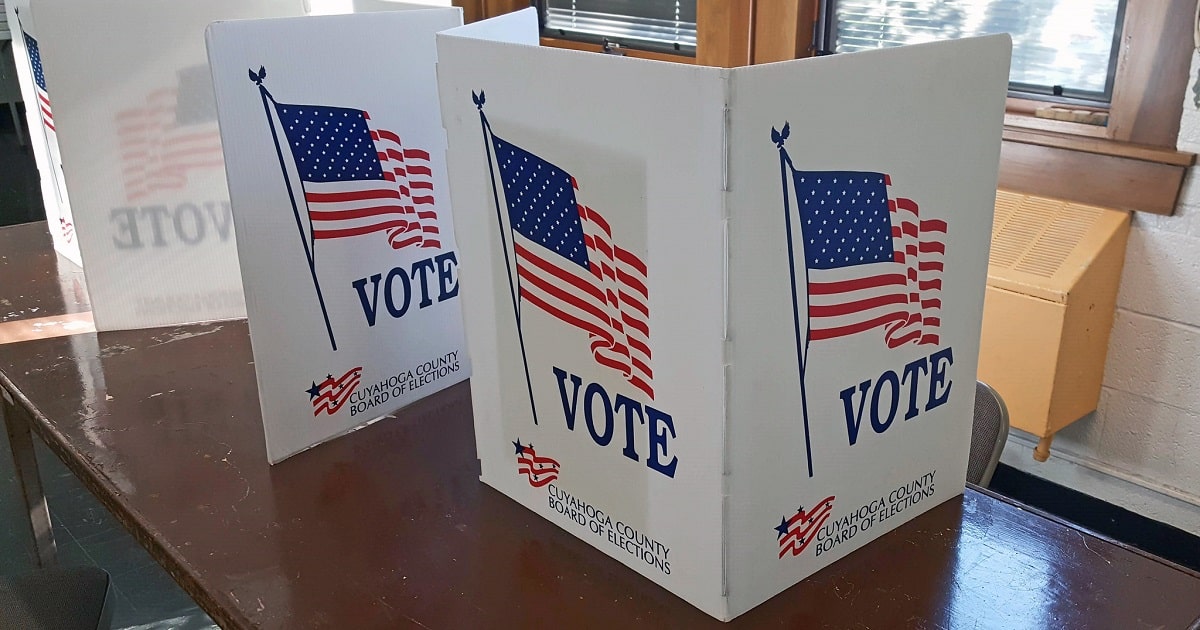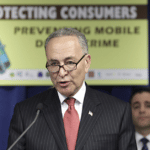



President Donald Trump has unleashed a bold plan to tame the streets of Memphis, Tennessee, with a crime-fighting strategy straight out of Washington, D.C.’s playbook.
The Daily Wire reported that on Monday, Trump signed a memorandum to establish the Memphis Safe Task Force, a robust initiative that pairs the Tennessee National Guard with state, local, and federal law enforcement to curb crime in the city, following a successful model from the nation’s capital.
Efforts to address crime in Memphis didn’t start with this memo—federal boots were on the ground months ago. Back in the spring, the FBI was dispatched to the city, and their work yielded measurable progress, with crime stats showing a notable dip by late summer.
August marked a high point for Memphis, with the city recording its best crime numbers in years. Over the summer, law enforcement racked up more than 500 arrests and secured over 100 indictments, proving that targeted action can deliver results.
Trump’s latest directive builds on this momentum by bringing in the big guns—literally. The memo instructs Secretary of War Pete Hegseth to request control of the Tennessee National Guard from the state’s governor, ensuring a visible presence on Memphis streets.
This move came at the urging of Tennessee’s Republican Governor Bill Lee, who sought federal assistance to tackle persistent crime challenges in the city.
Partnerships are key here, with the Drug Enforcement Agency, Tennessee Highway Patrol, and Memphis Police Department all joining forces under this unified plan.
During his remarks at the White House, Trump hinted at broader ambitions for this approach. “Chicago is probably next,” he declared, signaling that other crime-plagued cities might soon see similar National Guard deployments.
But not everyone is rolling out the welcome mat for Trump’s crime-fighting crusade. Illinois Governor J.B. Pritzker fired back with a blunt message: “Mr. President, do not come to Chicago.”
Pritzker’s resistance isn’t just posturing—unlike Tennessee, Illinois leadership is likely to push back against federal intervention. How Trump plans to navigate this opposition or allocate resources to Chicago remains a question mark.
Back in Memphis, the focus is on action, not speculation. Trump touted the early FBI efforts, saying, “We did send the FBI in about four months ago to work, and it brought some of the numbers down.” His confidence in scaling up with the National Guard suggests a belief that more muscle equals more progress.
Let’s be clear: while some might cry “overreach” at the sight of National Guard troops in urban centers, the reality in Memphis shows a city desperate for relief.
Crime doesn’t respect progressive talking points or endless debates—it demands solutions, and this task force aims to deliver.
Critics of Trump’s approach often ignore the data when it doesn’t fit their narrative. When a city like Memphis posts its best crime stats in years, as it did recently, shouldn’t we at least consider that federal-state cooperation might be onto something?
Of course, deploying the National Guard isn’t a magic wand—there’s a fine line between security and over-policing.
Memphis residents deserve to feel safe, but they also need assurance that their rights won’t be trampled in the name of order.
Still, with Governor Lee’s office confirming the multi-agency collaboration, there’s reason to hope this isn’t just a show of force but a coordinated effort to address root issues. The proof will be in the pudding—will Memphis continue its downward crime trend, or will this be another federal overpromise?



